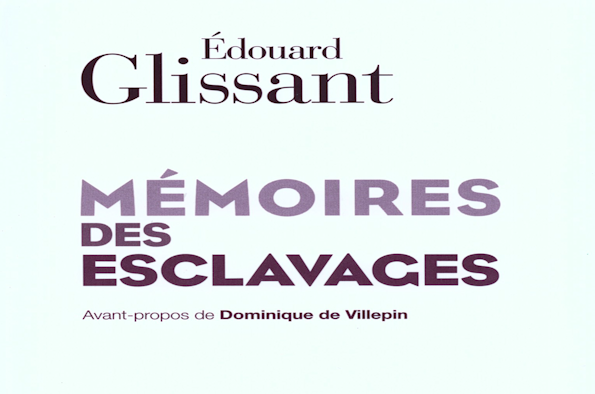
Alexandre Leupin (Director, Center for French and Francophone Studies; Phyllis M. Taylor Professor in French Studies, Louisiana State University), ‘Edouard Glissant: Beyond the Master and the Slave’.
- Professor Claire Taylor
- Suitable for: Anybody interested in the topic, including university staff and students and members of the public.
- Admission: Admission is free. Please visit the Eventbrite page to register.
- Book now
Add this event to my calendar
Click on "Create a calendar file" and your browser will download a .ics file for this event.
Microsoft Outlook: Download the file, double-click it to open it in Outlook, then click on "Save & Close" to save it to your calendar. If that doesn't work go into Outlook, click on the File tab, then on Open & Export, then Open Calendar. Select your .ics file then click on "Save & Close".
Google Calendar: download the file, then go into your calendar. On the left where it says "Other calendars" click on the arrow icon and then click on Import calendar. Click on Browse and select the .ics file, then click on Import.
Apple Calendar: The file may open automatically with an option to save it to your calendar. If not, download the file, then you can either drag it to Calendar or import the file by going to File >Import > Import and choosing the .ics file.
Written in 2007 for the creation the French National Center for the memory of slavery, Mémoires des esclavages is not an incidental pamphlet. Glissant proposes to go beyond the Hegelian master-slave dialectics in confronting slavery’s legacy, building a poetic approach which is unencumbered by reflexive clichés. He urges the descendants of the slaves and of the masters alike to engage in a productive dialogue and exchange defined by his key notion, Relation.
